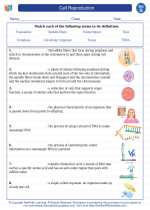Cell Reproduction -> natural rubber
Natural Rubber
Natural rubber is a polymer derived from the milky white sap of the rubber tree, scientifically known as Hevea brasiliensis. The sap, also called latex, is collected by tapping the rubber tree, and is then processed to obtain the rubber. Natural rubber is composed of long chains of molecules called polymers, primarily made up of the organic compound isoprene.
Properties of Natural Rubber
Natural rubber has several key properties that make it useful in various applications:
- Elasticity: Natural rubber can stretch and return to its original shape, making it ideal for products requiring elasticity, such as rubber bands and tires.
- Flexibility: It is highly flexible, allowing it to conform to various shapes and withstand bending without breaking.
- Waterproofing: Natural rubber is impermeable to water, making it suitable for waterproof products like rain boots and seals.
- Insulating properties: It has good electrical insulating properties, making it valuable for use in electrical insulation and protective gloves.
Uses of Natural Rubber
Natural rubber is used in a wide range of products, including:
- Tires for vehicles
- Rubber bands
- Rain boots
- Conveyor belts
- Gloves
- Adhesives
- Medical equipment
- Sports equipment
Study Guide
To understand natural rubber, consider these key points for your study:
- What is natural rubber?
- How is natural rubber obtained from the rubber tree?
- What are the chemical components of natural rubber?
- What are the properties of natural rubber?
- What are the various uses of natural rubber in everyday products?
Understanding the properties and applications of natural rubber will help you appreciate its significance in various industries and everyday life.
.◂Science Worksheets and Study Guides Seventh Grade. Cell Reproduction
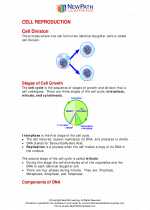
 Activity Lesson
Activity Lesson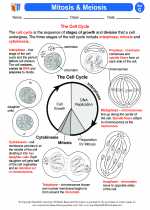
 Worksheet/Answer key
Worksheet/Answer key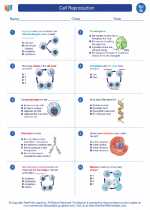
 Worksheet/Answer key
Worksheet/Answer key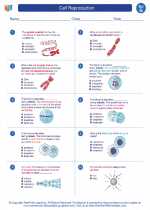
 Worksheet/Answer key
Worksheet/Answer key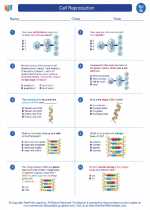
 Vocabulary/Answer key
Vocabulary/Answer key
 Vocabulary/Answer key
Vocabulary/Answer key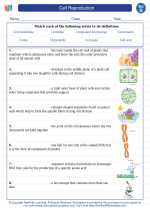
 Vocabulary/Answer key
Vocabulary/Answer key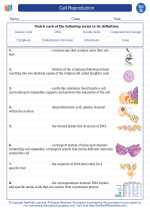
 Vocabulary/Answer key
Vocabulary/Answer key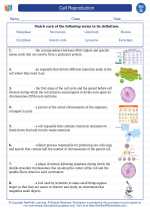
 Vocabulary/Answer key
Vocabulary/Answer key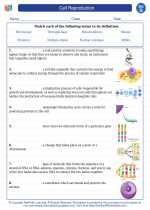
 Vocabulary/Answer key
Vocabulary/Answer key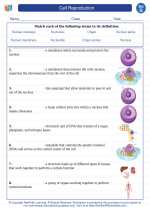
 Vocabulary/Answer key
Vocabulary/Answer key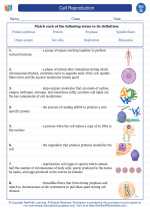
 Vocabulary/Answer key
Vocabulary/Answer key